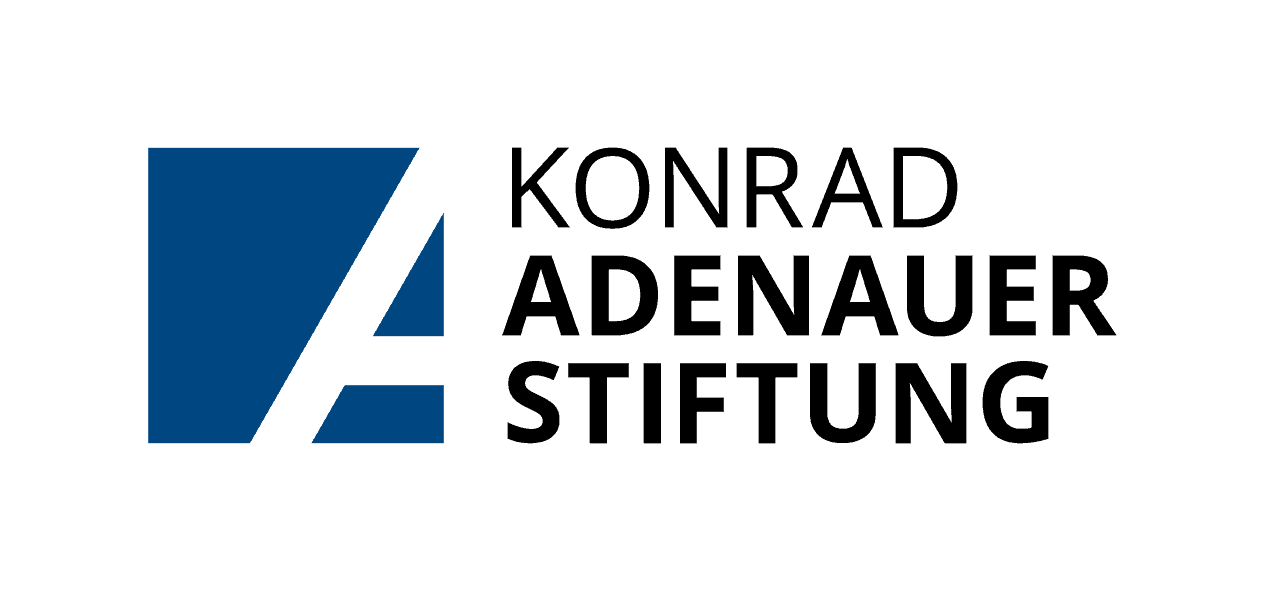There are experts on almost everything: historians, research scientists, lawyers, engineers and many more. When dealing with corporate affairs, it is particularly important to identify the right expert, like someone who works for the company you are investigating. But a great deal will depend on how this person obtained their expertise, and whether or not they were involved in something that triggered your investigation. Experts in different but related areas may provide fresh insights into your subject. A lawyer, a police officer, a doctor or even an interrogator may be as useful to your story on human rights violations as a human rights campaigner.
However, not all experts are equally reliable. So look for recommendations from other journalists you trust and research the person’s qualifications. Find out who they do their research for, since scientists funded by commercial concerns may share the same biases as lobbyists. Look at the praise, as well as the criticisms, their work has drawn. Even reliable experts (or expert reports) need to be interrogated. If several experts disagree, you must find a way of presenting these differences in context, so they make sense to readers. When experts are evenly divided, you owe it to your readers to explain why. But again, research your experts’ credentials.
For a long time, the media presented the debate on global warming as evenly divided. Only later did analysis of reports reveal that many of the ‘experts’ debunking global warming were paid spokespeople from energy lobbies. In fact, the overwhelming weight of scientific evidence has, for many years, signified that global warming is happening and is dangerous.
Similarly, treat government departments’ experts with a healthy dose of scepticism. A state-employed expert is just as likely to be right or wrong as any other expert – and in some cases may be under pressure from the government to present information in a particular light. As with other sources, verify all information they give you using a second informed source. It is also sometimes possible to ask a government department for an unofficial or off-the-record briefing from one of their specialists, and this can provide extensive background, even though you cannot quote it in your story.
We tend to think of international bodies as sources of written reports and policies only. But they can also provide useful contacts, both in their home country and the countries in which they operate. They are under no obligation to help you, but are often extremely sympathetic, especially if your enquiries relate to an issue where they have strong interests. Research will allow you to put their comments and information in context and judge whether you also need to conduct a balancing interview with another source.
Sometimes, you can ‘shake out’ contacts by letting it be known that you are working on a topic, or already possess certain information. You can do this informally, by using your networks of contacts, or by publishing a preliminary story on the investigative project. At that point, new people may e-mail or tweet you volunteering additional information. Or, previously reluctant sources may come forward to ‘correct’ your story. Always weigh the pros and cons of this tactic, as it can backfire — you may alert people to your scrutiny, and they rush to hide evidence, silent sources or take pre-emptive action against you!
If you cannot find an expert to backup your story that does not mean you cannot move forward. You may be wrong, asking the wrong expert, or the wrong questions. Including a diversity of opinions in your story shows you have an open mind and may prompt other experts with different views to come forward.

